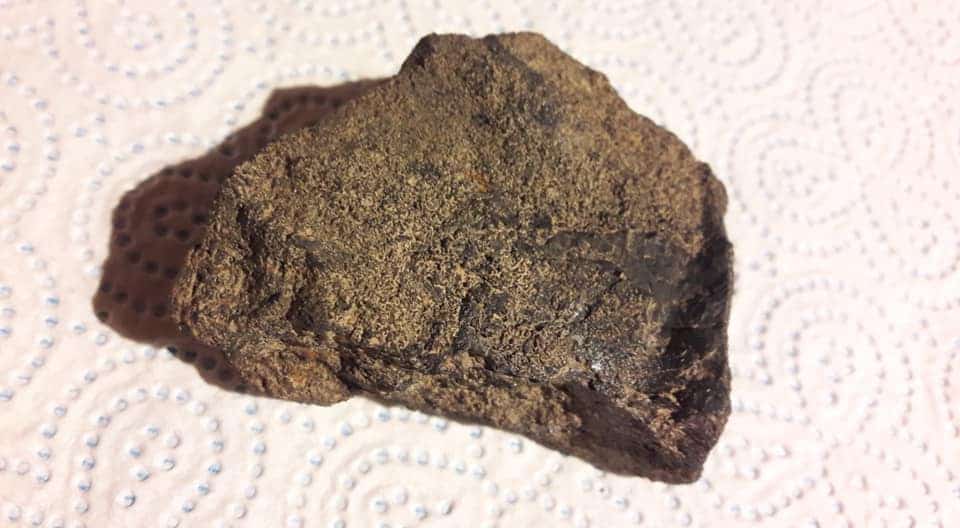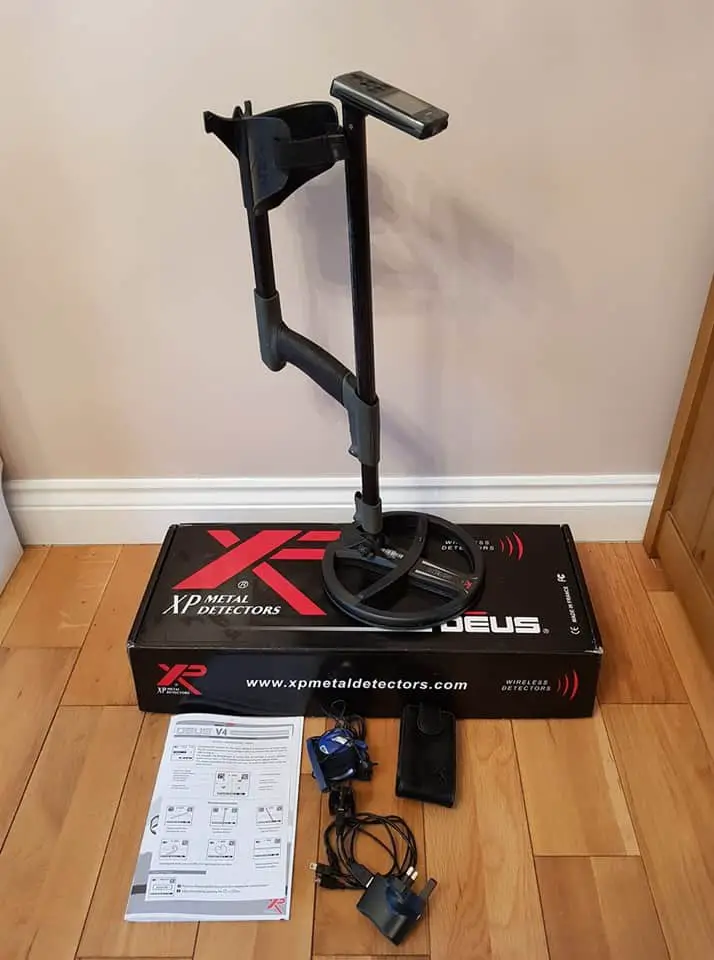
When it comes to metal detecting rocks are definitely not the most common target you can find! It’s much common to come across things like coins, jewelry and even relics/artifacts …
… In this short post, I will focus more on the kinds of rocks you can find possibly find using your detector and what are the resources you might need to make that happen …
… So, before further ado, let’s go!
What kind of rocks will set off a metal detector?
Not all the rocks can be picked up by detection devices, indeed, there are specific ones that you can come across to, these include
1. Manmade rocks
- Slag – melted looking find that may or may not be encased with surrounding rock/ dirt
- Man-made conglomerate – Found on beaches, a metal object like a bolt gets dropped into the water, as the item rusts the rust attracts and locks surrounding objects to the item forming a conglomerate.
2. Natural/Native metals
- Ores and native metals- Naturally formed metals in rocks or may be the metal itself like Michigan copper, gold, silver.
- Michigan copper float
There are also many hot rocks that can also cause a metal detector to go off!
A hot rock is any rock or stone that contains a valuable mineral such as copper, gold, or silver. They generate an audible signal on a detector.
The most reasonable cause behind why these rocks give a signal is because of the iron-bearing minerals found within the rocks.
These minerals can be iron oxides such as hematite, magnetite, lepidocrocite, limonite, and maghemite.
Meteorites can also set off a metal detector. You can learn more about that by checking this meteorite detection guide!
Best Metal Detector to detect rocks

One of the best detectors for rocks is the all-purpose, all-terrain, weatherproof and waterproof detector XP Deus (Check it Here at Amazon).
This VLF multi-frequency device is a reliable model that can detect almost anywhere for anything.
The XP Deus has an advanced ergonomic design that lets you carry it anywhere you want effortlessly and with comfort. Here are some of the main features of this model:
- Weighs 2 pounds.
- Has a Double D 11 inch waterproof search coil.
- You can easily update the detector by connecting it through USB to your computer.
- The shaft comes in a modern foldable design allowing you to carry it anywhere.
- The stem can also be folded to allow easy portability and storage.
- Headphones will be functional in any weather.
The XP Deus is a solid choice for anyone who wants to search for minerals and rocks, and it still remains one of the most advanced detectors on the market as of today.
Metal Detectors can’t detect these types of rocks …
Minerals with non-metallic luster do not conduct electricity and so elicit no reaction from a metal detector, with a very few exceptions. Cassiterite is an exception.
Minerals with metallic luster give very variable responses. Native metals and semimetals all give strong reactions, and graphite too.
The sulphides are quite variable: some always react (galena, covellite, pyrrhotite), which causes trouble for gold prospectors. Some almost never react, like marcasite, sphalerite, and the many species of sulphosalts.
A few oxides are conductive (eg: magnetite), but not many.
Do Rocks have metal in them?
Yes, some metals are found inside rocks as minerals. The rock or mineral that holds a metal inside is known as an ore. An ore can be heated with chemicals until it melts, and the pure metal can be separated out in a liquid form.
Some metals, such as gold, silver, and copper, can also be found in their pure form as metal elements. Nuggets or flakes of these metals can be taken out straight from rock, though this is rare.
Conclusion
This was a very short post to help you understand the possibilities when it comes to using your detection device to find rocks!
This could be very helpful even for those who practice rockhounding, and /or who collect rocks, this will allow them to pick up even more rocks and add them to their collection.
Finally, if you want to learn more about this wonderful hobby, then I highly invite you to have a deep look in this metal detecting guide for beginners! You will learn some useful information that will get you started properly …
